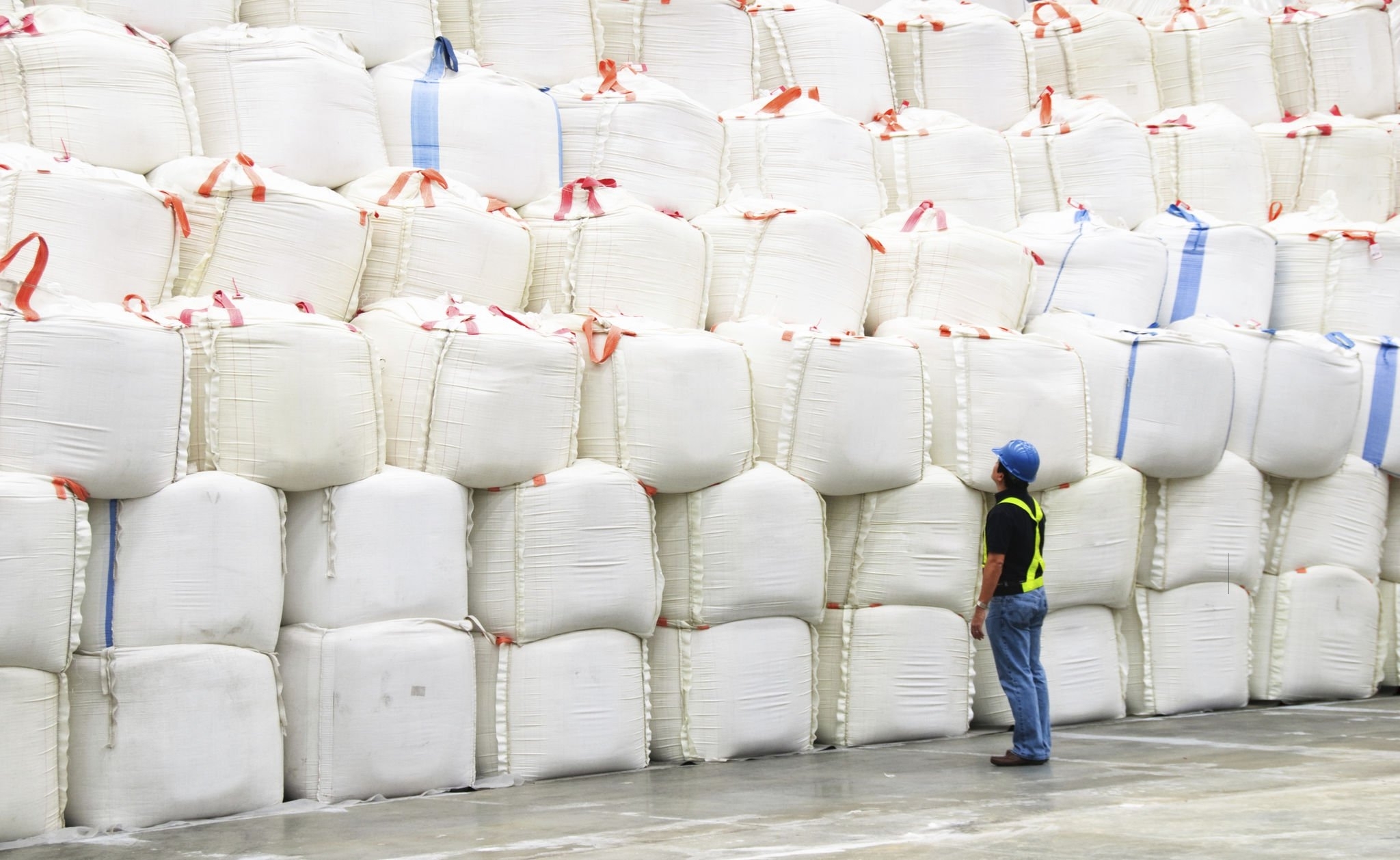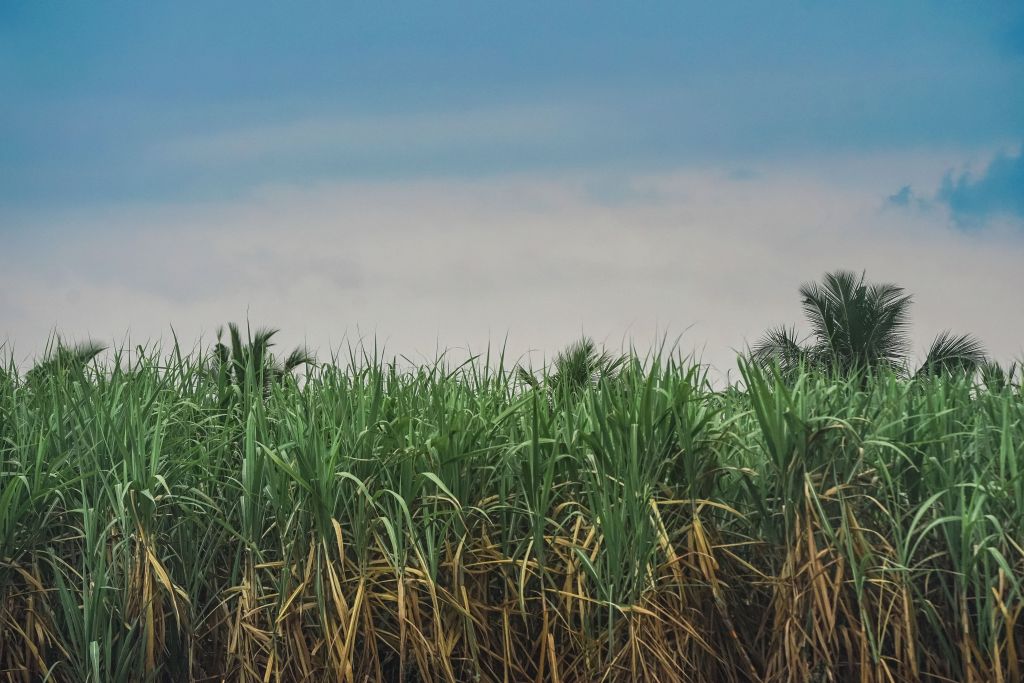The Brazilian sugar market is one of the largest and most complex in the world, with a long and rich history. Brazil is the world’s largest producer and exporter of sugar, accounting for over 25% of global production. The Brazilian sugar market is also highly volatile, with prices often fluctuating wildly due to a variety of factors, including weather, government policy, and global demand.
History of the Brazilian Sugar Market
The history of the Brazilian sugar market can be traced back to the early 16th century, when Portuguese settlers first introduced sugarcane cultivation to the country. Sugar quickly became one of Brazil’s most important export crops, and the country soon became the world’s leading producer and exporter of sugar.
The Brazilian sugar industry flourished in the 17th and 18th centuries, thanks to a number of factors, including:
- Abundant land and favorable climatic conditions: Brazil has a large amount of land suitable for sugarcane cultivation, and the country’s tropical climate is ideal for growing sugarcane.
- Access to labor: The Brazilian sugar industry relied heavily on slave labor, which was imported from Africa in large numbers.
- High demand for sugar in Europe: Sugar was a highly prized luxury good in Europe during this period, and the Brazilian sugar industry was well-positioned to meet this demand.
The Brazilian sugar industry declined in the 19th century, due to a number of factors, including:
- The abolition of slavery: The abolition of slavery in Brazil in 1888 led to a shortage of labor on the sugar plantations.
- Competition from other sugar producing countries: Other countries, such as India, Cuba, and Java, began to produce sugar more efficiently and at a lower cost than Brazil.
- The decline in global demand for sugar: The demand for sugar declined in the late 19th century, as other sweeteners, such as artificial sweeteners and corn syrup, became more popular.
The Brazilian sugar industry experienced a revival in the 20th century, thanks to a number of factors, including:
- Technological advances: The development of new technologies, such as improved sugarcane varieties and more efficient milling processes, made it possible to produce sugar more efficiently in Brazil.
- Government support: The Brazilian government has provided significant support to the sugar industry through a variety of policies, including subsidies and price controls.
- The rise of ethanol: The Brazilian government began to promote the use of ethanol from sugarcane as a renewable fuel in the 1970s. This led to a significant increase in the demand for sugarcane, which benefited the Brazilian sugar industry.
Structure of the Brazilian Sugar Market
The Brazilian sugar market is divided into two main sectors:
- The production sector: The production sector consists of the farmers who grow sugarcane.
- The milling sector: The milling sector consists of the mills that process sugarcane into sugar and ethanol.
The Brazilian sugar market is highly concentrated, with a small number of large players controlling a significant share of the market. The five largest sugar producers in Brazil account for over 50% of total production.
Factors Affecting the Brazilian Sugar Market
The Brazilian sugar market is affected by a variety of factors, including:
- Weather: Weather conditions can have a significant impact on sugarcane yields and sugar production. For example, droughts can reduce sugarcane yields, while heavy rains can damage sugarcane crops.
- Government policy: The Brazilian government plays a major role in the sugar market through a variety of policies, including subsidies, price controls, and export taxes.
- Global demand: Global demand for sugar is a major factor affecting the price of sugar in Brazil. When global demand is strong, sugar prices tend to rise. When global demand is weak, sugar prices tend to fall.






